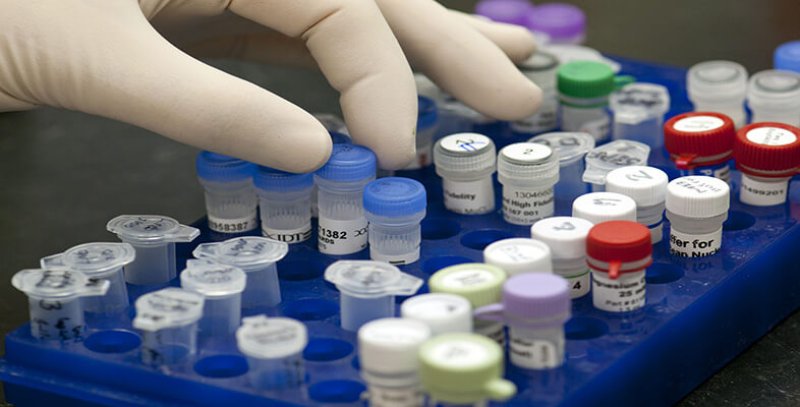Scientists in Portland, Oregon, just succeeded in creating the first genetically modified human embryo in the United States, according to Technology Review
…
But developments in gene editing are also highlighting a desperate need for ethical and legal guidelines to regulate in vitro genetic editing — and raising concerns about a future in which the well-off could pay for CRISPR to perfect their offspring. We will soon be faced with very difficult decisions about when and how to use this breakthrough medical technology. For example, if your unborn child were going to have a debilitating disease that you could fix by taking a pill to edit their genome, would you take the pill? How about adding some bonus intelligence? Greater height or strength? Where would you draw the line?
…
We have arrived at a Rubicon. Humans are on the verge of finally being able to modify their own evolution. The question is whether they can use this newfound superpower in a responsible way that will benefit the planet and its people…
Failing to figure out how to ensure that everyone will benefit from this breakthrough risks the creation of a genetic underclass who must struggle to compete with the genetically modified offspring of the rich.
The GLP aggregated and excerpted this blog/article to reflect the diversity of news, opinion, and analysis. Read full, original post: We can now design humans – but should we?































